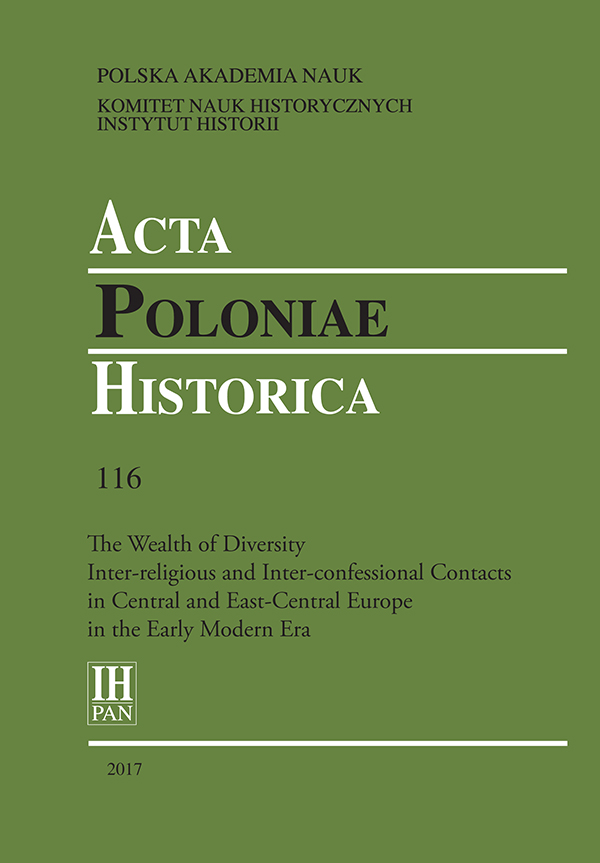The Polish-Lithuanian Commonwealth in Eighteen-century Alliance Treaties of the Neighbouring Countries, 1720–72
The Polish-Lithuanian Commonwealth in Eighteen-century Alliance Treaties of the Neighbouring Countries, 1720–72
Author(s): Jacek KordelSubject(s): History, Diplomatic history, Economic history, Military history, Political history, Modern Age, 18th Century
Published by: Instytut Historii im. Tadeusza Manteuffla Polskiej Akademii Nauk
Keywords: nobility’s freedoms/liberties; free election; liberum veto; anarchy; alliance treaties between Russia; Prussia; and Austria
Summary/Abstract: When in 1719 Augustus II of Poland made an attempt to emancipate himself from the influence of the Russian emperor, the latter entered into alliance with the Prussian king, with the intent of preventing emancipation of the monarch and his country. The alliance concluded by Tsar Peter the Great with King Frederick William I of Prussia expressed the substantial interests of both monarchies. It was all about keeping watchful oversight of political and military weakness of the Polish-Lithuanian Commonwealth and rendering the country isolated in the international arena. The programme established by Petersburg and Berlin remained valid until the end of the eighteenth century and the final, third, partition of Poland. The monarchs guaranteed that they would do everything possible to prevent the Polish constitutional system from altering (keeping the king’s rights restrained against the liberties maintained – primarily the liberum veto and free election of monarch), and treasury and military reforms from implementing. The preponderance over the Commonwealth implied the participation of Russia in what is termed the concert of the European powers. For the country of the Hohenzollerns, the debilitation of the nobility-based republic was, in turn, an opportunity for increasing the its territory, which had been policy energetically pursued since the Great Elector Frederick William’s reign (1640–88). For these reasons, the whole series of Russo-Prussian alliance treaties (1726, 1729, 1740, 1743, 1764, 1769, and 1772) comprised provisions regarding Polish affairs. The range of the issues covered by these bipartite agreements was ever-broadening, extending to the dissenters’ affair, among other things. Other reasons stood behind the inclusion of clauses related to the Commonwealth in Russian-Austrian treaties. Of substantial importance was the antagonism prevalent in the Reich between Austria and Prussia, which from 1740 onwards turned into acrimonious hostility. The Viennese Burg, which solicited favour from Petersburg, endeavoured to persuade its Russian ally that it was ready and willing to replace the Prussian partner in Poland-related matters of importance to Russia (cf. the treaties of 1726, 1730, 1733, 1746). Discussed is also a never-ratified tripartite agreement of 1732 – the so-called Löwenwolde’s treaty – which was momentous for the designs of the contracting parties, as well as the partition treaties of 1772.
Journal: Acta Poloniae Historica
- Issue Year: 2017
- Issue No: 116
- Page Range: 209-248
- Page Count: 40
- Language: English

